Reviewed by Dr.Vijaykumar Kamat & written by
Dr. Khyati Dave.
Have you got hay fever? Hay fever usually gets worse between March and September. This is especially true when the weather is warm, humid, and windy. The pollen counts are at their highest during this time. Learn more about hayfever symptoms, causes, and natural remedies.
What is Hay Fever
An allergy occurs when your immune system reacts to an allergen. Common allergens may include pollen, cat hair, dust, smog, eggs, dairy product, gluten, seafood, mustard, etc. The allergens are not harmful to the body but they can weaken your immune system.
Hay fever is a condition that affects the respiratory tract and is usually caused by allergens like pollen or dust. Hay fever is caused by the immune system’s overreaction to an allergen.
This is a very common condition that affects individuals. It is more prevalent during the months of June and May when pollen counts are at their highest.
Hay Fever Causes
Hay fever, also known as an allergic condition can cause symptoms and signs similar to a cold. These symptoms include a runny nose, itchy eyes, congestion, sneezing, and pressure in the sinuses. Hay fever is not caused by viruses. Colds can be caused by viral infections. Hay fever is an allergic reaction to indoor or outdoor allergens such as dust, pollen, or small flecks of fur, feathers, or skin shed by animals.
Hay fever not only causes discomfort but can also affect your work performance or your schoolwork and your daily routine. You can find out how to treat your condition and avoid the triggers.
Risk Factors For Developing Hay Fever
You may be at greater risk for hay fever if you have allergies to the following:
- Other allergies or asthma.
- Eczema (atopic dermatitis).
- A blood relative with allergies or asthma (such as parents or siblings) is a risk factor.
- You may be allergic to dust mites or animal dander if you live or work in an environment where allergens are constantly present.
Hay Fever Symptoms and Signs
Hay fever symptoms include:
- Runny nose, nasal congestion, and sinus congestion
- Itchy, watery eyes (allergic conjunctivitis).
- Sneezing.
- Cough.
- An itchy nose, roof of mouth, or throat.
- Under the eyes, you may notice a blue-colored swelling.
- Postnasal drip.
- Fatigue.
Seasonal Factors That Cause Hay Fever
Hay fever symptoms can start or worsen at a certain time of the year. Triggers include:
- Tree pollen is common in early spring.
- Ragweed pollen is common in the fall.
- The grass pollen is common during the summer and early spring.
- All year round, mites, pet dander, and cockroaches are a nuisance. Dander symptoms can worsen during winter due to the closed-in environment.
- The spores of molds and fungi can be either seasonal or perennial.
Diagnosis of Hay Fever
Hay fever can cause a variety of symptoms, including a stuffy nose, itchy eyelids, and allergy reactions that are similar to hay fever. The doctor will examine you and take a detailed medical history to check for signs. A doctor may recommend an allergy skin test to identify the allergen.
This test involves pricking a few allergens into the skin and then observing the reaction to determine the exact allergen. It is also possible to suggest a blood test that measures the amount of immunoglobulin antibody which indicates an allergy.
Hay Fever and its Complications
Hay fever can cause a number of problems, including:
- Lack of sleep Symptoms Haemorrhoids may keep you awake, or make it difficult to fall asleep. This can lead to fatigue and a feeling of malaise.
- A bad lifestyle: Hayfever can make you less productive and reduce your productivity. Hay fever symptoms can lead to many people missing work or school.
- Sinusitis Hay fever congestion may increase your susceptibility to sinusitis, an infection or inflammation that occurs in the membrane lining the sinuses.
- Middle ear infection: Hay fever is often a contributing factor to middle ear infections (otitis).
- Asthma aggravated: A hay fever may worsen asthma symptoms. Coughing and wheezing are two of the signs and symptoms associated with asthma.
Treatments for Seasonal Allergies
Avoid seasonal allergens
To treat allergies or hay fever, the first step is to avoid seasonal allergens. Check weather forecasts for pollen levels and stay inside during times of high pollen. You should also note when hay fever tends to be active. You can take precautions by closing your windows, limiting time spent outdoors, or wearing a mask to protect yourself from dust during these times.
Avoid Smoking
Smoking can aggravate many diseases. Smoking should be avoided because it can aggravate symptoms of hay fever.
Biotin
Biotin is a Vitamin B that helps maintain a healthy immune system, as well as the mucous tissues that line the nose, throat, and sinusitis. Include avocado, egg yolks, nuts, fish, and green leafy vegetables in your diet.
Honey
Honey can naturally help you build up tolerance levels in your body. Consuming local honey has also been shown to help reduce the symptoms of hay fever.
Vitamin-D
A lack of this vitamin can affect your immune system, leading to autoimmune diseases, hay fever and allergies. Vitamin D can support gut bacteria. Spend some time in sunlight early in the morning to ensure you get enough Vitamin D.
Garlic
Garlic is a super spice that helps reduce the symptoms of allergies and hay fever by reducing histamine. You should include garlic in all your meals.
Probiotics Can Help
Probiotics play a vital role in maintaining a healthy immune system. Probiotics must be consumed every day in order to replenish the gut flora. Yogurt is another option.
Herbal Tea
Natural herbs like chamomile, ginger, green tea, peppermint, elderflower, etc. These herbs are known to have a natural antihistamine. These herbs not only treat hay fever, but they also help you stay hydrated.
Supplements
Natural supplements can help to boost your immunity and detoxify the body.
Hay fever can be treated by complementary systems of medicine, such as Ayurveda and homeopathy. Hay fever occurs when the immune system is weakened. The natural sciences can support normal body functions and boost your immunity.
Clinical studies have shown that the natural ingredients Boswellia Serrata, Tinospora Cordifolia and Curcuma Longa all show tremendous effects on hayfever. Below are some of the clinical trials:
- Tinospora Cordifolia, (Guduchi). Studies have shown that Tinospora can improve respiratory function.
- Curcuma-Longa: Studies show that curcuma-longa improves the respiratory system, and may also enhance immune health.
Biogetica combines all of the natural ingredients above to treat hay fever holistically and at its root so that it can have a long-lasting effect. Biogetica’s formulations are based on traditional clinical tests, such as Homeopathy and Ayurveda, but also modern research and trial. If you want to know the natural, safe, and effective natural way to address hay fever or consult a doctor for free, please click here
Reference Links:
- https://www.sciencedirect.com/science/article/abs/pii/S037887410400474X
- https://d1wqtxts1xzle7.cloudfront.net/36725993/Turmeric_paper.pdf?1424602498=&response-content-disposition=inline%3B+filename%3DMedicinal_and_pharmacological_properties.pdf&Expires=1613032801&Signature=MCtS1KN4wYpfB0v-ni9NqH~~a1AKCxqtyDY1E9Av-G44SM2U-8PJ~sb8buqysiPt5M4SKGow4bvlAHP3~ZmM-3ECC6H6CS2Z8wSRQNaEhmRsKavC7S8FnVLQ827evZ~Q2tB4eSuPuBjB6daC6cMPK9e9RDO2A5lUCUiI8nVtQTQzJP2YMcihYnvnBXvrJ9MPfq1dVJdIM4WYNLo~MNhtP6RQ7GuZXYRgj39BC0mWuXX-d1LgHuUZOg6XRTO3Q~AiTSm5E5zZSGe~It2~mR3iUd-









 100% Money Back Guarantee
100% Money Back Guarantee



























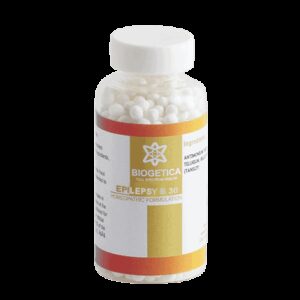
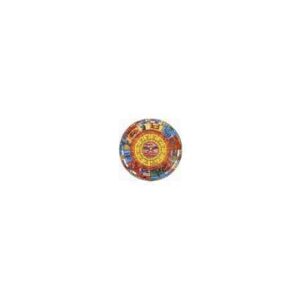
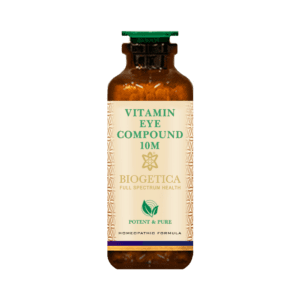
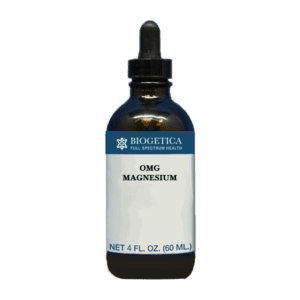

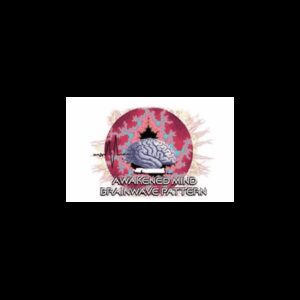



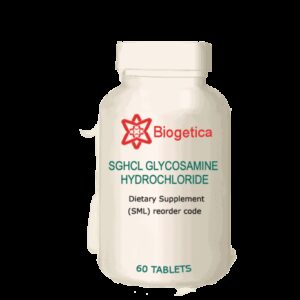
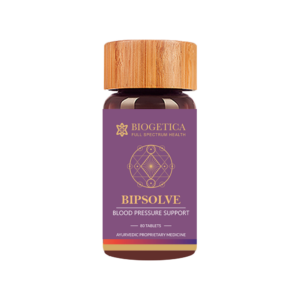
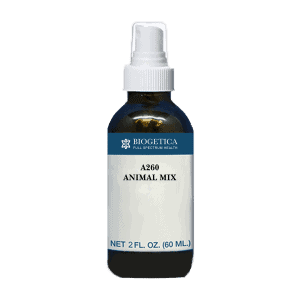
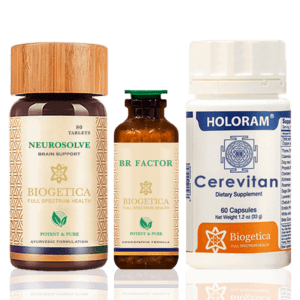
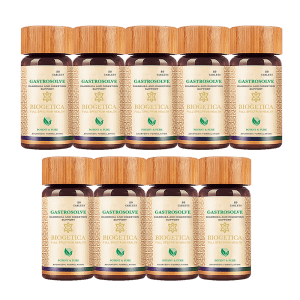
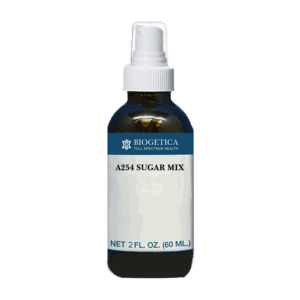
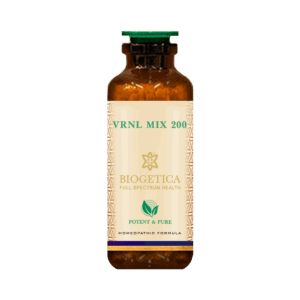
Explore the ranked best online casinos of 2025. Compare bonuses, game selections, and trustworthiness of top platforms for secure and rewarding gameplaycasino activities.
**mindvault**
mindvault is a premium cognitive support formula created for adults 45+. It’s thoughtfully designed to help maintain clear thinking